Applied Farmscape Ecology Blog
Check out our new blog that goes deeper into the interactions between crop production and the ecology, biodiversity and natural history of the farm landscape.
What is Applied Farmscape Ecology?
We have developed four key areas for the Applied Farmscape Ecology program to focus its efforts: research and demonstration, outreach and education, long-term monitoring and land stewardship.
Applied farmscape ecology explores the interactions between farming and wild nature by examining two related questions: How can on-farm habitat conservation or creation help support regional biodiversity? And, how can such conservation or creation contribute to farm production? These questions are critical to addressing declining trends in biodiversity and habitat loss as well as supporting and exploring systems of crop production which seek to maximize potential beneficial interactions between organisms and crops.
Key Initiatives
The work of the Applied Farmscape Ecology Research Collaborative is jointly coordinated by Farm Hub staff and the Hawthorne Valley Farmscape Ecology Program. The research collaborative includes partners from a number of regional colleges, universities and organizations. We work across disciplines, examining interactions between soil, water, microbes, invertebrates and vertebrates in the agricultural landscape as well as studying the value of agricultural lands for wildlife conservation. This includes documentation of on-farm biodiversity and its various roles for agricultural production. It also includes the development of techniques for managing on-farm habitats so as to support ecological services to the farm (e.g., pollination, pest control, carbon sequestration, soil health and erosion control) and the conservation of native biodiversity.
Click here to access handouts and resources from the recent AFERC Field Day.
The work of the Applied Farmscape Ecology Research Collaborative is jointly coordinated by Farm Hub staff and the Hawthorne Valley Farmscape Ecology Program. The research collaborative includes partners from a number of regional colleges, universities and organizations. We work across disciplines, examining interactions between soil, water, microbes, invertebrates and vertebrates in the agricultural landscape as well as studying the value of agricultural lands for wildlife conservation. This includes documentation of on-farm biodiversity and its various roles for agricultural production. It also includes the development of techniques for managing on-farm habitats so as to support ecological services to the farm (e.g., pollination, pest control, carbon sequestration, soil health and erosion control) and the conservation of native biodiversity.
On-farm Stewardship & Habitat Management
Long-term Monitoring
Education & Outreach
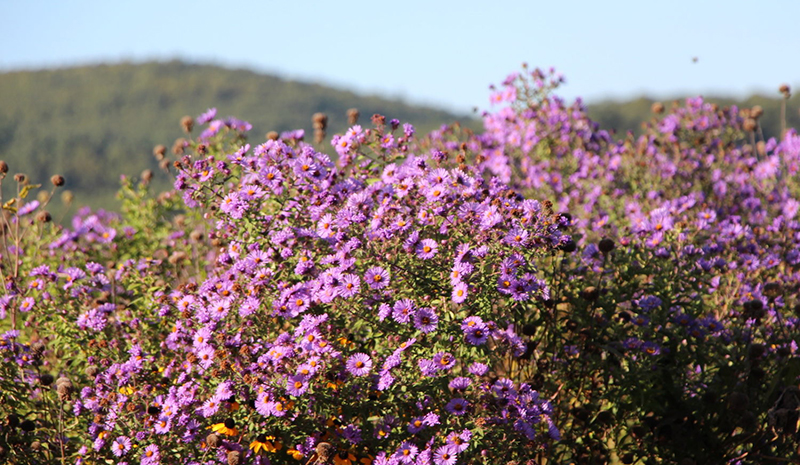
This research trial serves as a platform for several projects. Native meadow test plots are designed to assess the feasibility of establishing on-farm habitats under organic management, to measure their effectiveness in supporting both biodiversity and agronomically beneficial creatures, and to build healthy soils.
What's Next
- Expand our educational programming and events and offer more programming in both English and Spanish.
- Disseminate the research, data and knowledge acquired through printed materials, conferences, online and other avenues.
- Expand and integrate existing research projects
Farmscape Ecology film
On June 16th, 2020, the Farm Hub hosted a virtual film premiere of the new short film Farmscape Ecology. The short film follows the work of the Farm Hub’s Applied Farmscape Ecology Research Collaborative. This is the third film that the Farm Hub has made with Oceans 8 Films as part of filmmaker Jon Bowermaster’s Hope on the Hudson series.
Resources
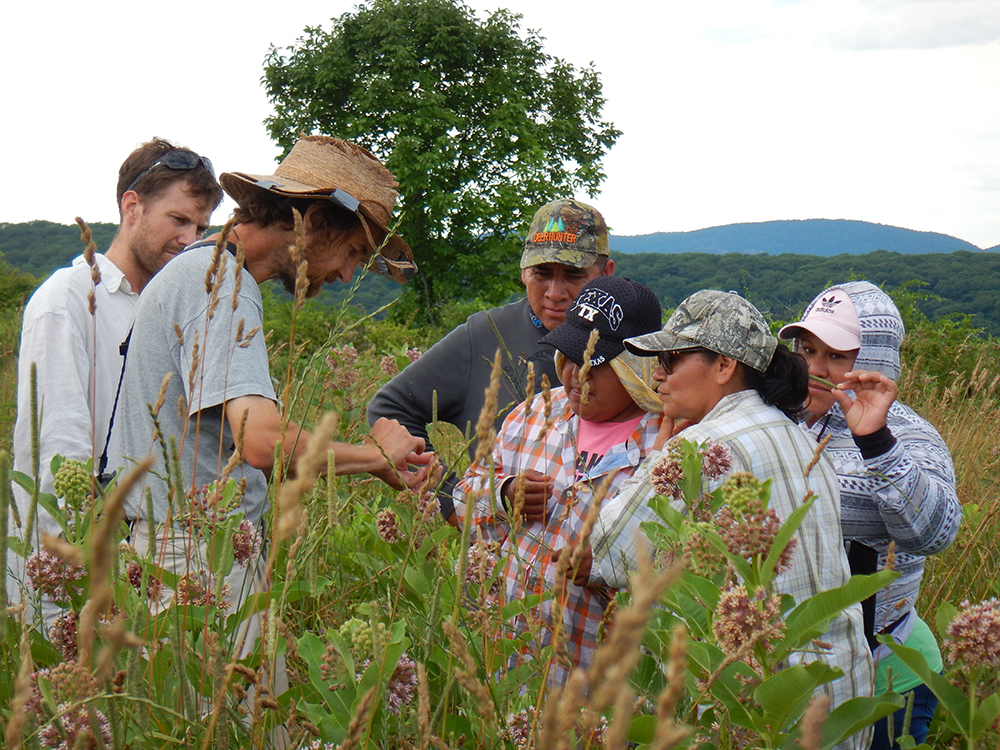
Applied Farmscape Ecology Research Collaborative

Perspectives on Farming and Nature
Six presentations at the “Perspectives on Farming with Nature,” event featured by researchers working with the Applied Farmscape Ecology Research Collaborative.
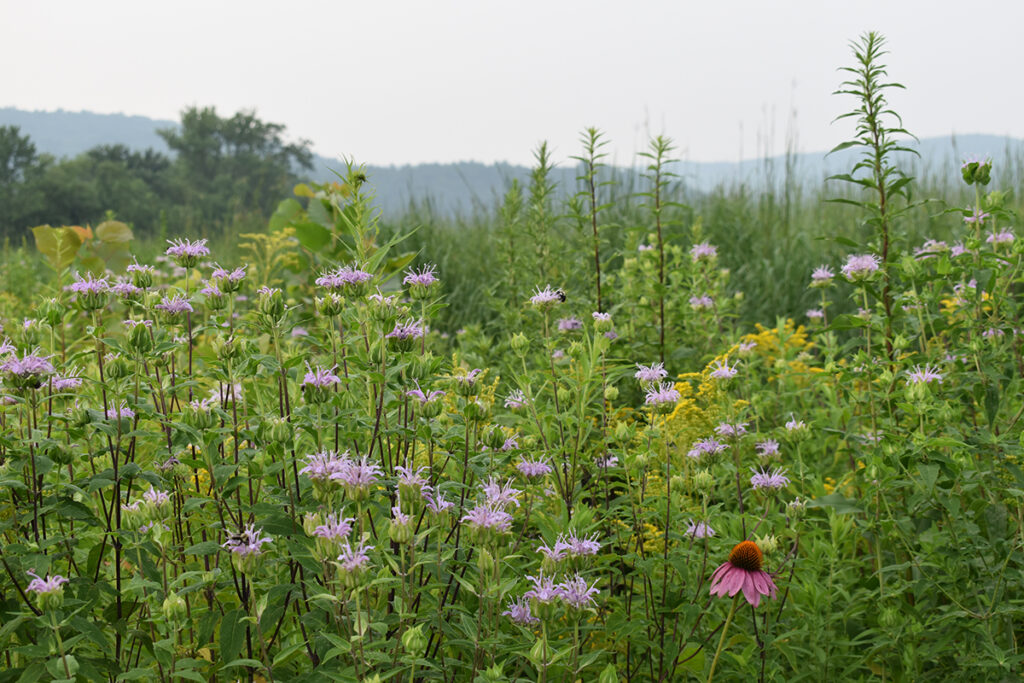
Spanish/English Ecology Glossaries
These glossaries were created for internal and external events and meetings for Spanish-English interpretation.
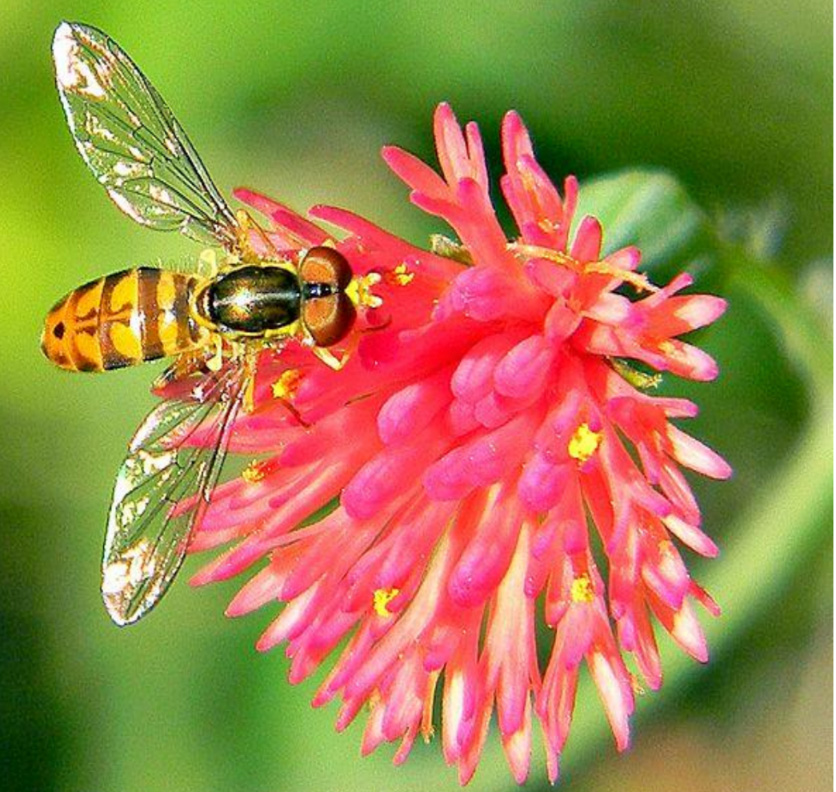
Ecology Resources in Spanish
Webinars, glossaries, films and more.
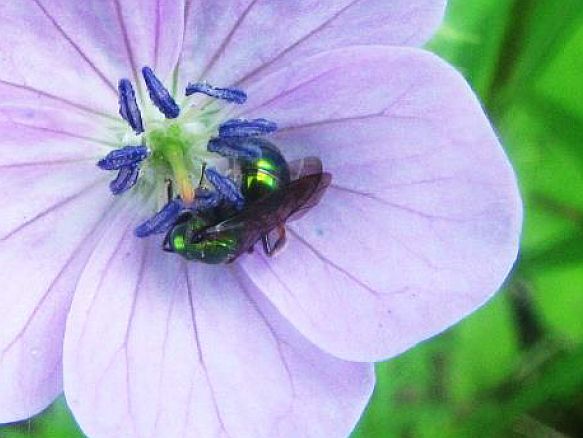
Hawthorne Valley Farmscape Ecology Program
Dedicated to research and outreach focusing on people’s interaction with nature in the mid-Hudson Valley.
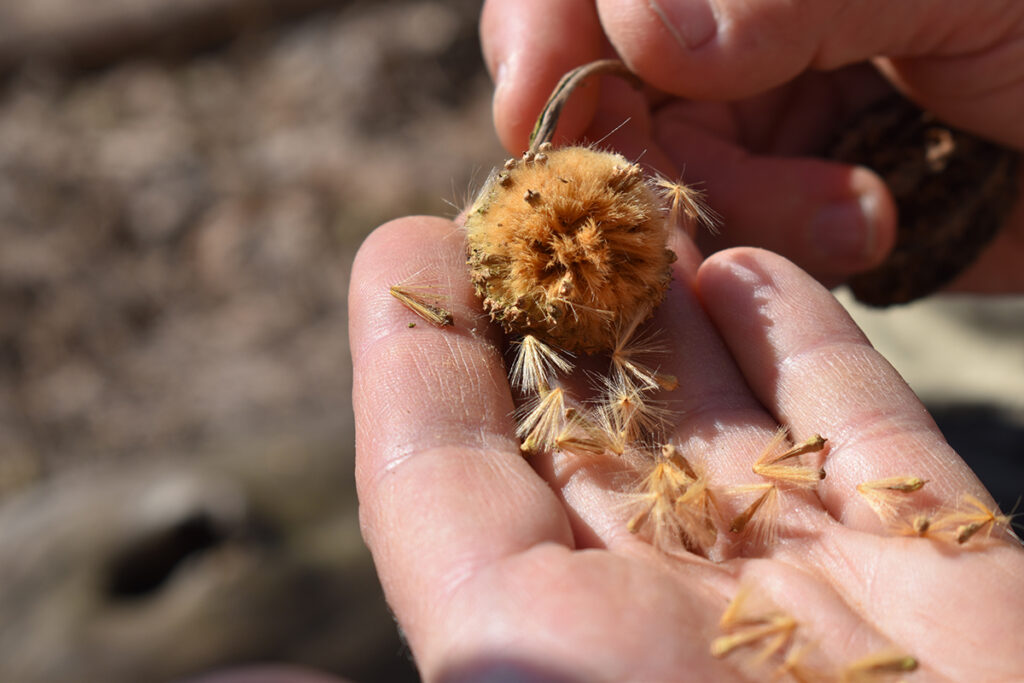
What can I do?
Find specific examples on further ways to get involved.
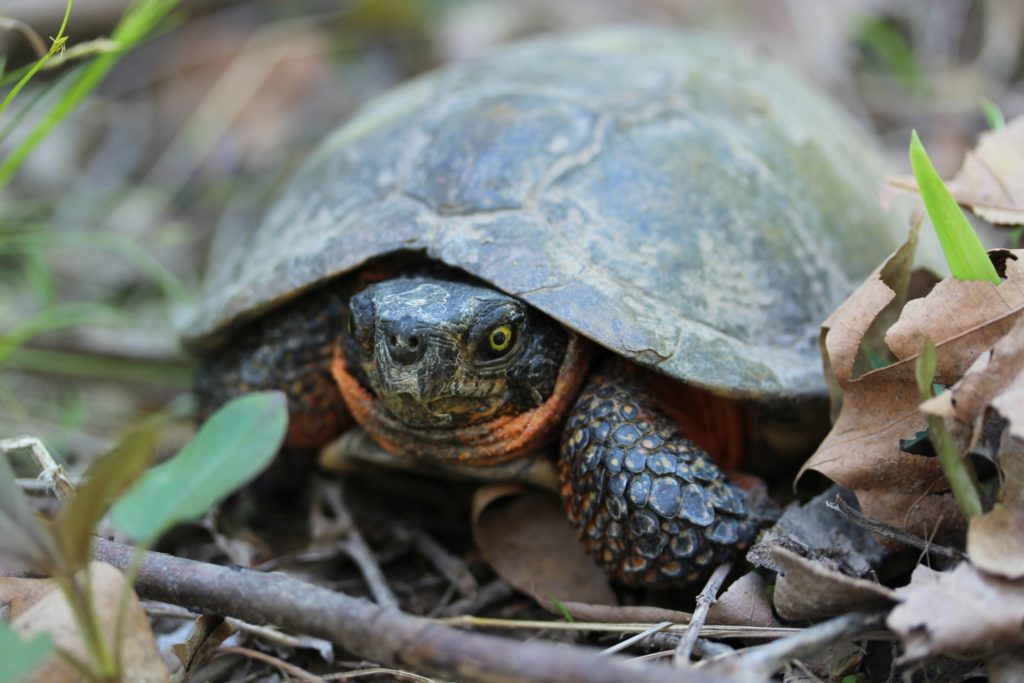
Mowing Guidelines in Rare Turtle Habitat
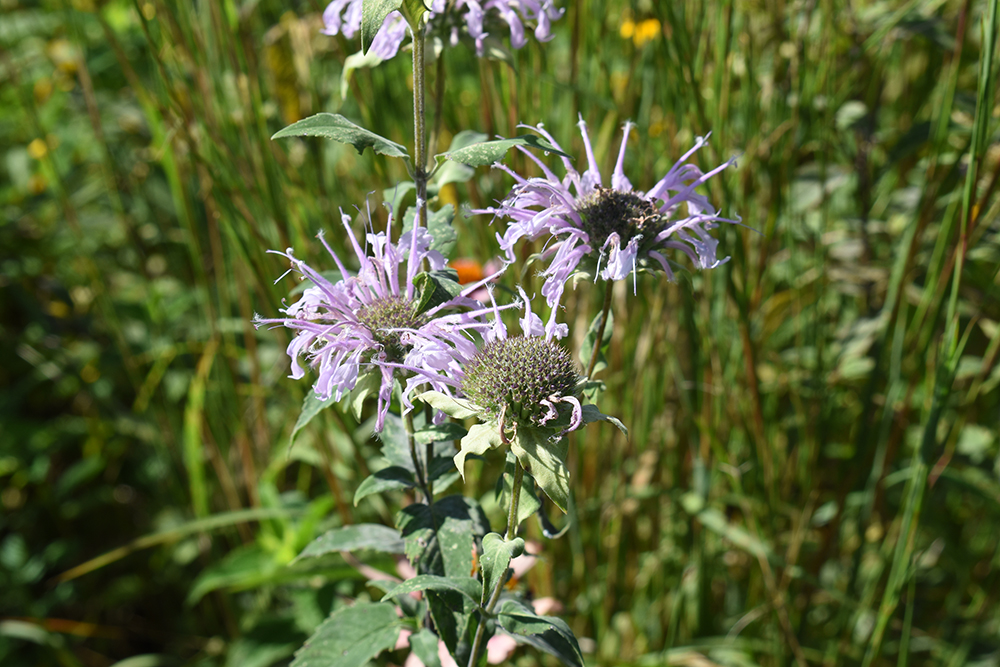
Farm Hub Plant List
Preliminary Plant List of the Farm Hub by the Hawthorne Valley Farmscape Ecology Program
Contact
Anne Bloomfield, Applied Farmscape Ecology Program Manager, [email protected]
Anne Bloomfield,
Applied Farmscape Ecology Program Manager, [email protected]
